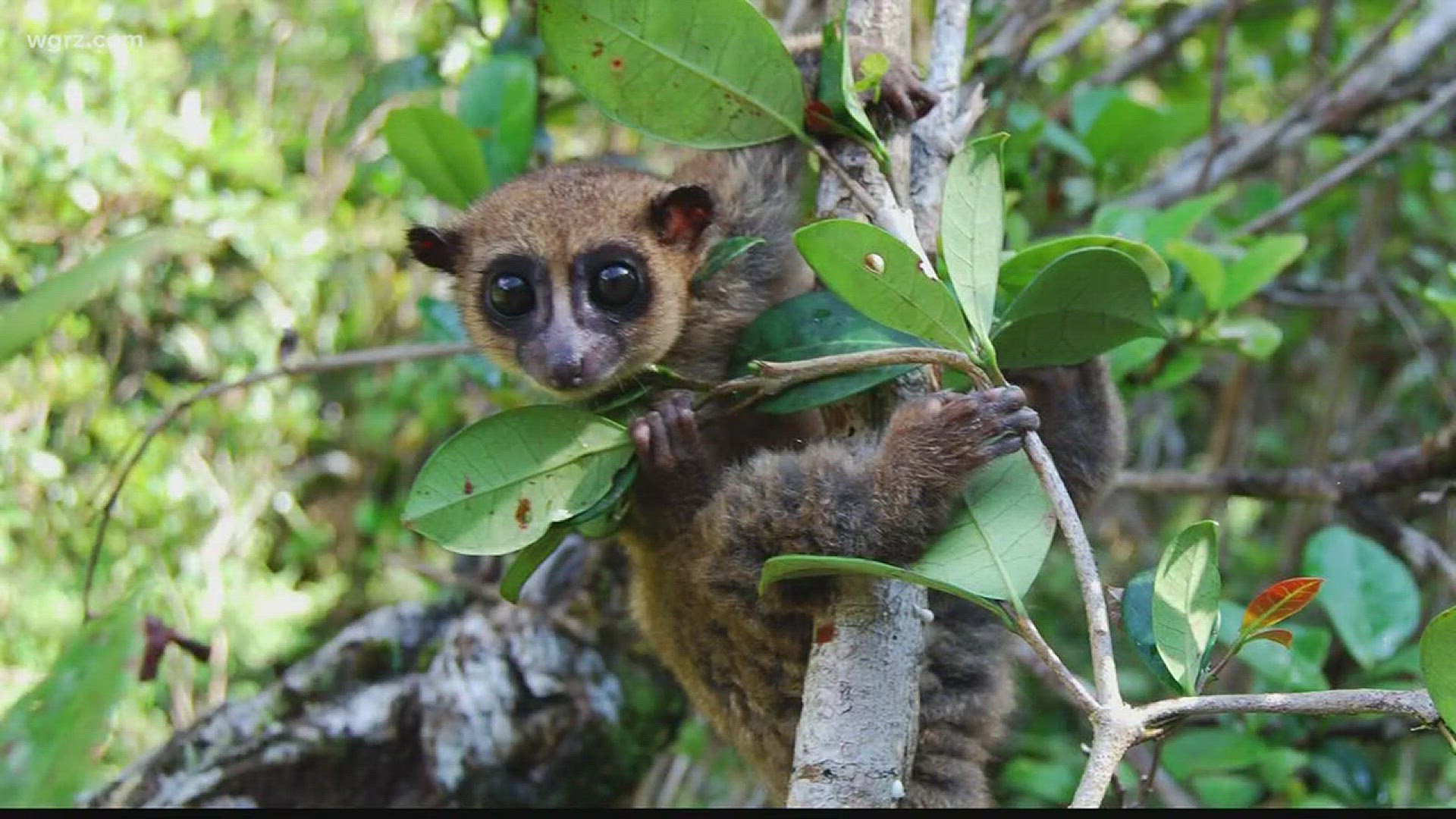The discovery of a new species is always a cause for celebration in the environmental community. The Groves' dwarf lemur was recently named a new species by a team of scientists in Madagascar.
The team that helped discover the lemur included Dr. Adam McLain, an assistant biology professor at SUNY Polytechnic near Utica.
"Thousands of species are identified around the world every year, a lot of those are obviously plants, insects, fish — things like that," McLain said. "But we are losing a lot of the planet's biodiversity daily. It's happening all around us, and I know most people are aware of that and can see it happening. I think finding a new species is a nice way to bring attention to what we're losing. "
Lemurs are a unique primate found only on the island of Madagascar, off the southeast coast of Africa. There are a little over a hundred species of Lemur on the island, and many look very similar.
In the beginning of the study almost 15 years ago, researchers relied on old school methods in their search for the new species.
"This is generally a good tip for field biologists everywhere," McLain said. "In general, if you listen to what local people have to say, they might be able to point you in the direction of something new. They're going to have been aware of it a long time because they've been living there obviously, so things like that can make a big difference. "
Dr. McLain says it was modern technology that helped make the discovery definitive.
"Better technology that didn't exist, even 10 or 15 years ago you couldn't do the DNA based work you can do now, right? So, the technology is always improving," McLain said.
%INLINE% About 90 percent of them have a conservation status of at least threatened. Their decline has been human influenced.
"There's mining, deforestation caused by cutting down Rosewood trees, which are illegally exported and used to make furniture, things like that." McLain said. "But agriculture is the primary driver. People are hungry and need to grow food, so it's a tough problem to address."
Dr. McLain hopes that discoveries like this will have an impact on budding young scientists.
"I think it's incredibly cool," McLain said. "The idea that maybe, like when I was a kid, I used to love to read the National Geographic and things like that. The idea is incredibly cool that some kid might see this and he or she wants to be a Primatologist some day, and go do what I do. I like that idea as well."

